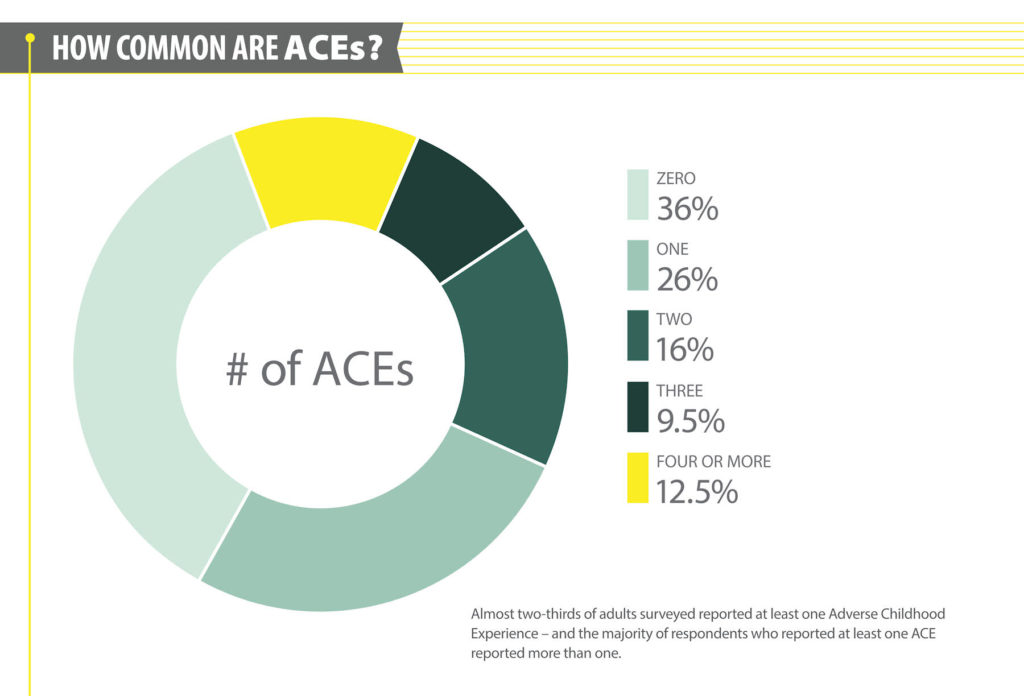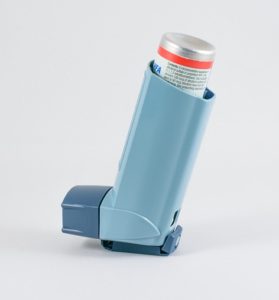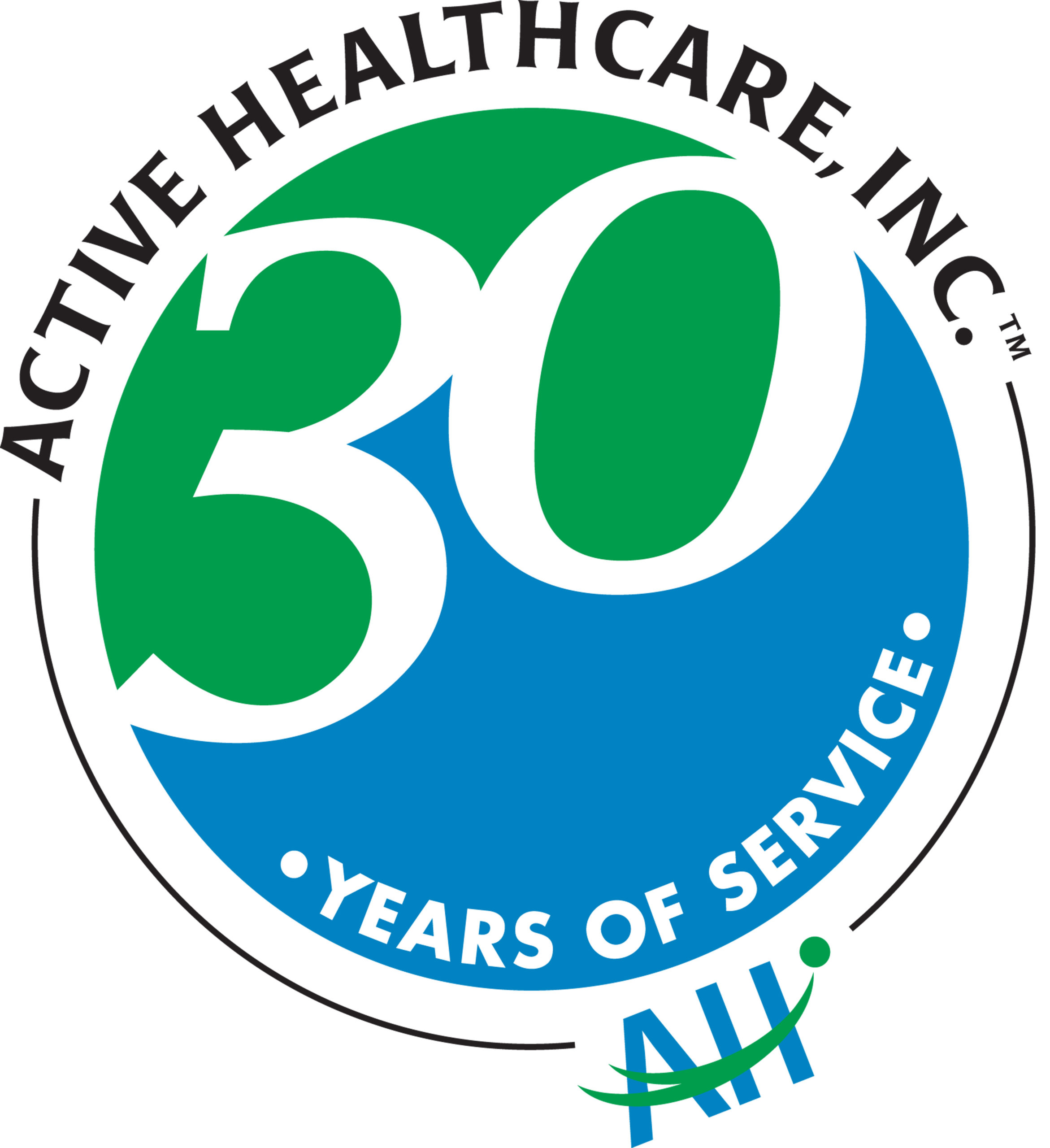There has been extensive research on the microbiome of the human digestive system, but not as much study of the typical bacterium present in our upper respiratory system.
Your Microbiome – Good and Bad Bacteria
Scientists classify bacteria as either beneficial or pathogenic.
You may be familiar with beneficial bacteria found in fermented foods like yogurt that help us digest our food, absorb nutrients and maintain a healthy digestive system. Most of us have been exposed to pathogenic bacteria like the ones that cause strep throat (Streptococcus), pneumonia (Streptococcus pneumoniae) and food poisoning (Escherichia coli and Salmonella).
Study Details
The Yellow Zone Inhaled Corticosteroids to Prevent Exacerbations (STICS) was conducted at the Washington University School of Medicine in St Louis and funded by the National Institutes of Health (NIH).
While the study was seeking to investigate the effectiveness of significantly higher doses of inhaled corticosteroids at the first sign of an asthma attack, the review of the nasal mucous samples revealed a distinct difference in the bacteria profile of the study participant’s upper respiratory biome between control and asthma flare up.
The study found no benefit to the larger doses of medication at the start of an asthma attack.
Study participants included 214 children with mild to moderate asthma that were currently treating their asthma symptoms and flare-ups with inhaled corticosteroids.
Curious Results
Nasal samples were collected from study participants twice. First when their asthma was under control, and when the participants had the signs of an emerging flare-up – known as the “yellow zone”.
The study data revealed that a rapid change occurred in the airway microbiome of study participants as they transitioned from respiratory health to disease.
Asthma in control: Microbiome dominated by beneficial bacteria
Yellow Zone: Microbiome contained bacteria associated with diseases like pneumonia and strep throat – Staphylococcus and Streptococcus.
Future Research Opportunities
This study showed a link between the bacteria and asthma symptoms but did not prove cause and effect.
Future study of the upper respiratory microbiome will help asthma researchers in their development of new asthma treatments. These new treatments might target the bacteria present in the upper respiratory microbiome in hopes of preventing asthma symptom flare ups.
Additional Resources
Study Information – Washington University School of Medicine
The Human Microbiome
Wearable Asthma Informatics: Future of Asthma Care in Children
Hidden Spots for Germs: Home, Office and Doctors Office

















 Fight Stress – Have your whole family learn a new technique to relieve stress such as yoga, mindfulness, or mediation. Parents need to practice what they preach!
Fight Stress – Have your whole family learn a new technique to relieve stress such as yoga, mindfulness, or mediation. Parents need to practice what they preach!











